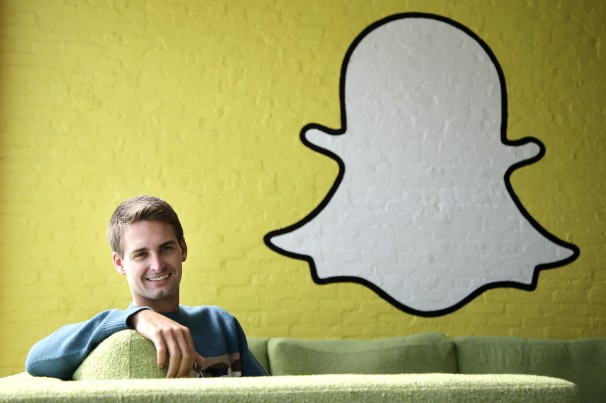“If you can’t beat them, buy them.” This seems to be Facebook’s philosophy after their $1 billion purchase of Instagram and their latest attempt at acquiring the two-year-old photo messaging app company, Snapchat. In an effort to help reverse the social network’s declining teenage user base, Facebook offered $3 billion, which was rejected by Evan Spiegel, Spapchat’s co-founder.
At Fueled, we critique Snapchat’s rejection and look at whether they were right or wrong in their decision.
Reasons for Snapchat’s confidence
Simply put, Snapchat know they’re in demand. Not only from users but also from potential buyers like Facebook. Mark Zuckerberg knows that the kids flocking to Snapchat are the same ones who are losing their passion for Facebook. Every passing year means Facebook’s users getting older and the next wave of users wandering elsewhere.
Conservative estimates place the number of Snapchat users at 30 million in the US alone, with 350 million snaps sent daily in the month of September. This equates to almost 12 pictures sent per user per day. This is a significantly higher user engagement rate than other major competitors such as Twitter, who produce 500 million daily tweets from a 232 million strong user base. Having user engagement this high offers the company a great opportunity for monetization.
Additionally, Evan Spiegel and Snapchat will know full well that they’re attracting millions of users that other online giants are craving. He says the company can afford to hang on and watch as their user base grows, until at least next year, before thinking of selling or floating.
Snapchat will also be looking back at past deals which were famously turned down and thinking “if they can do it, so can we”. When Mark Zuckerberg famously refused Yahoo’s $1 billion offer and later Microsoft’s $15 billion offer to buy Facebook it still turned out pretty well for him. Zuckerberg himself then tried twice to acquire Twitter, but was turned down both times. With Twitter’s valuation currently around the $24 billion mark, it’s fair to say Snapchat also took the right decision to reject early offers for their business.
Perhaps Snapchat were crazy
History has shown, however, that turning down an early offer isn’t always the smart move. Groupon may be the best example of this, as the deal-of-the-day website turned down a $6 billion offer from Google, instead going public. During the first 9 months of 2011, they experienced a loss of $214 million.
Despite the impressive growth of Snapchat, $3 billion is undoubtedly a huge amount of money for a pre-revenue social media company with a relatively small number of users. Snapchat not only hasn’t turned any profit, but it still has yet to generate any sales whatsoever, making the offer by Facebook even more generous.
Courageous or crazy?
What will act as reassurance for Spiegel and Snapchat, though, is that Facebook and Twitter were also in a very similar pre-revenue stage after their first few years. The success which followed them is visible for all to see.
And while it’s only possible now to speculate on how this will work out for Snapchat, it’s probably best to compare the decision to these similar offer refusals and examine their consequent successes.
We are Fueled, the leading iPhone application developers and masters of mobile design in New York City.
Image Credit: www.washingtonpost.com





